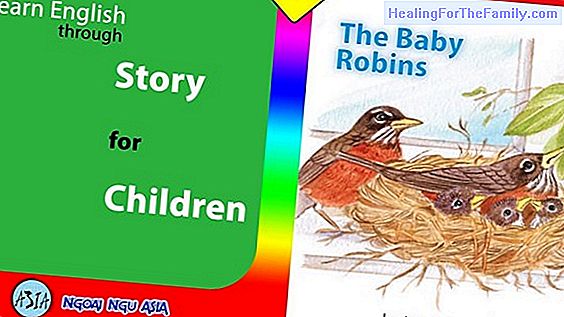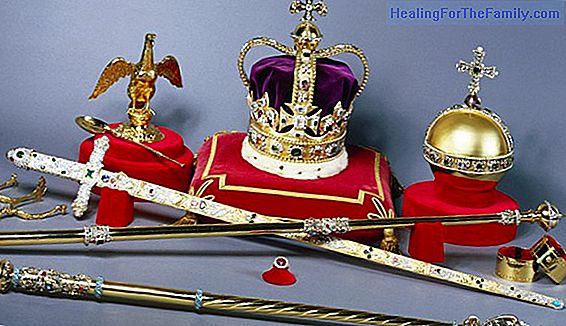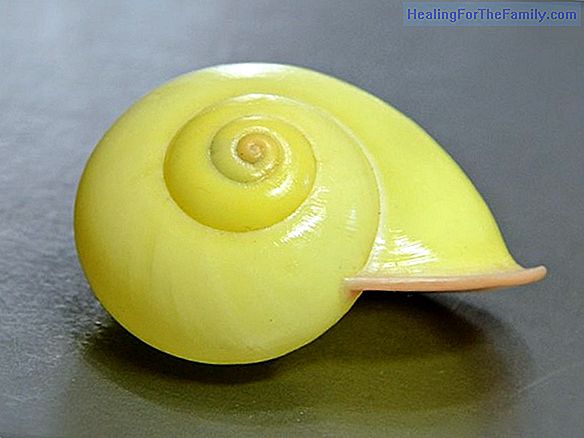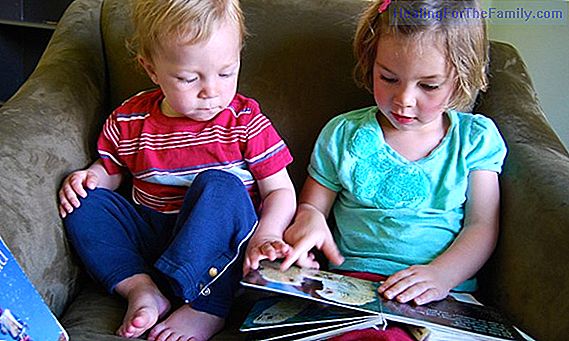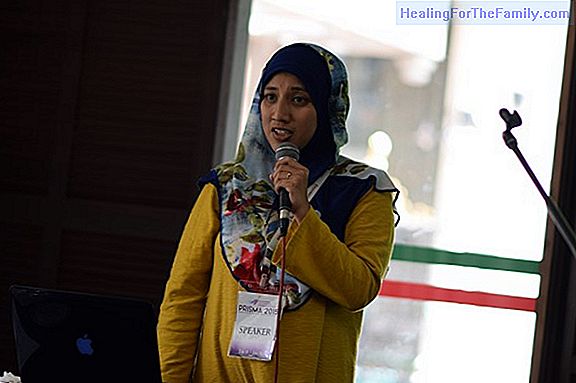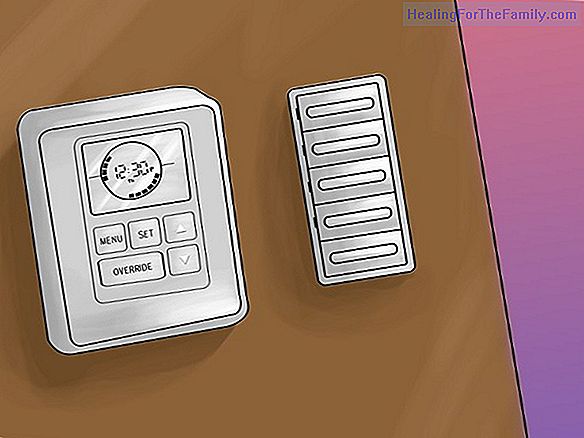How to correct children who insult
There comes a time when, even if we try hard to the contrary, our children end up letting go of annoyance or insult. What to do when this happens, we let it go or correct it immediately? As always, everything will depend on the age of the child and the intention with which he does it , the insult of
There comes a time when, even if we try hard to the contrary, our children end up letting go of annoyance or insult. What to do when this happens, we let it go or correct it immediately?
As always, everything will depend on the age of the child and the intention with which he does it, the insult of the 2-year-old child is not the same as that of the one of 10. We will teach you some guidelines to correct your child when this happens.
8 guidelines to correct children who insult
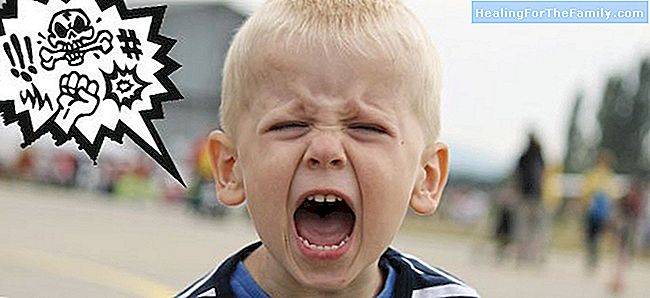
1.Be an example, a role model. First, we parents should be positive referents for our children since young children learn fundamentally by imitation. If we, the parents, are the first to insult when we get angry for something, we will hardly have moral authority to correct our children when they insult.
2.Set clear rules and limits regarding insults inside or outside the home. As parents, we must establish the rules of the game that are allowed in our home and this also includes the type of vocabulary and tone that can be used at home and away from home. We must explain to the children what words are acceptable and which are not. Why it is not right to insult and how they should treat their brothers, relatives, friends and acquaintances. We must explain the importance of respect and tolerance, but not only that, they should also see us practice these values with them and with the rest of the people around us.
3.Moderate reactions. Having clear the first premise (which must be basic to correct the children who insult) we must consider another very important and is that the more we get angry with children when they insult more power we grant them. Children soon discover, and depending on our reactions, the power that certain words have, especially curses and insults. So when reprimanding the child who insults we must maintain a firm but not authoritarian stance, explain but not shout, even sometimes it will be preferable to ignore to punish.
4.Practice empathy. Try to understand why the child insults: is it provoking us, drawing attention or can not contain anger? Knowing the answer to this question will help us to better correct these insulting children.
5.Apply sanctions to the recidivism of insults. Sometimes it will be enough to apply a short time off type punishment so that the child realizes that what he has said has hurt the feelings of a third party and that this is not allowed. In others, and with older children; The sanction may be related to the withdrawal of a privilege such as going to the park to play soccer with his friends the next day.
6.Find the saturation of the insult. This alternative, although it seems controversial, is a strategy to remove power to the child who insults to provoke. It is about offering a space and a time for the child to say all the insults he wants without stopping. For example, we will ask you for 5 minutes to say 'silly' if that is the insult you have given us, while we must remain calm at your side.
7.Propose and apply the repair of the damage caused. This is another technique that is used to repair the damage inflicted by an insult for example to a brother. The child who insults must tell his brother a minimum of 3 compliments or praises in a sincere way. Applicable to children from 6 years old.
8.Offer alternatives. This is the best technique because the goal is long-term, while the others, although they have immediate results, work better in the long run when the child knows other ways of expressing anger, anger or frustration or has learned to wait or draw our attention without resorting to insults or bad manners. Our function as parents is to offer them models, guides of behavior different from those they are using wrongly.

